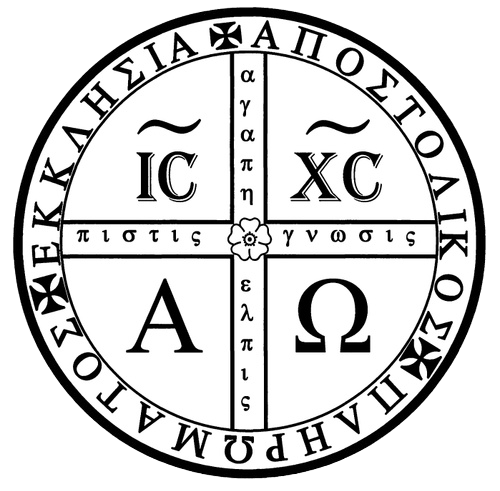Spiritual Guidance
Embark on a journey of spiritual discovery with our experienced guides at the Apostolic Church of the Pleroma. We offer personalized sessions that delve into Gnostic teachings, helping you navigate your spiritual path. Our advisors are dedicated to understanding your unique questions and experiences, providing insights that resonate with your spiritual journey.
Community Gatherings
Join us for our community gatherings, where we come together to share insights, discuss Gnostic texts, and explore the mysteries of existence. These gatherings foster a sense of belonging and encourage open dialogue, allowing members to deepen their understanding of Gnostic principles in a supportive environment.
Educational Resources
Access a wealth of educational resources at the Apostolic Church of the Pleroma. Our library includes writings from esteemed Gnostic scholars and clergy, providing you with the tools to enhance your spiritual knowledge. Whether you are a seasoned practitioner or a curious seeker, our resources are designed to facilitate your exploration of Gnostic wisdom.
